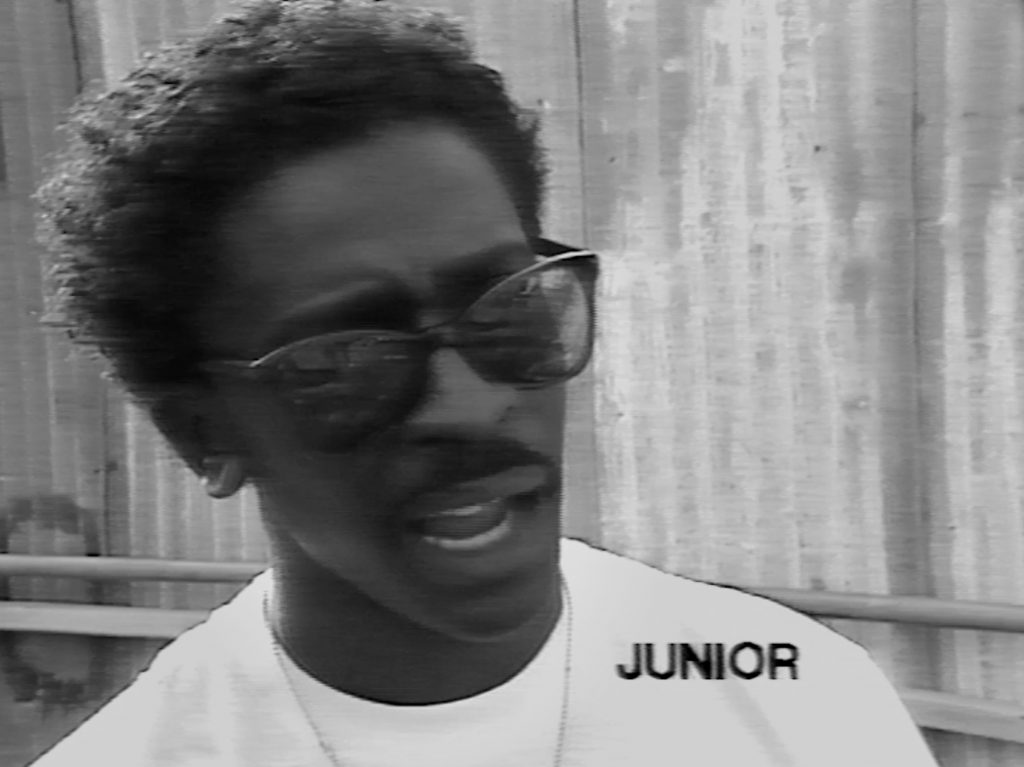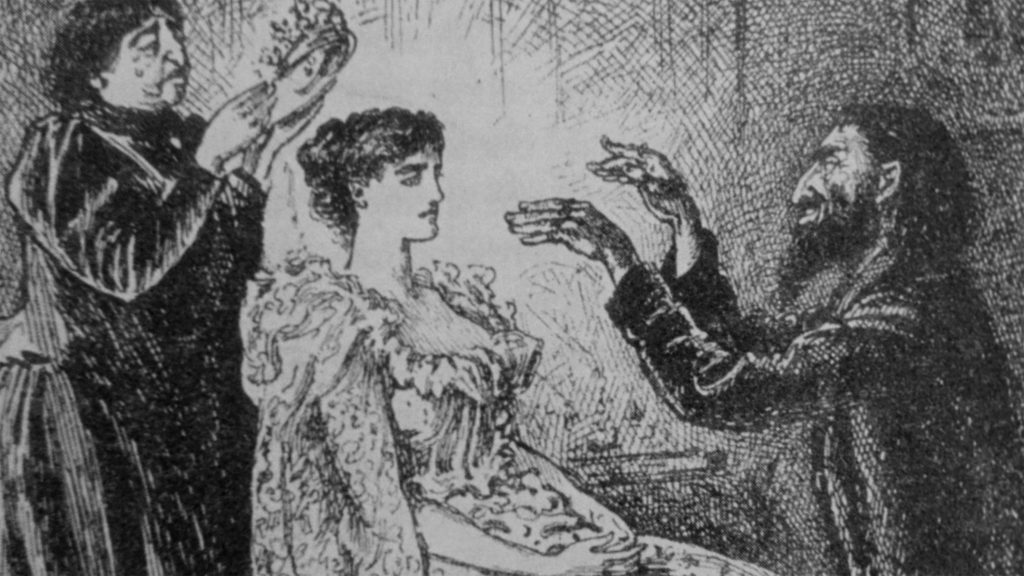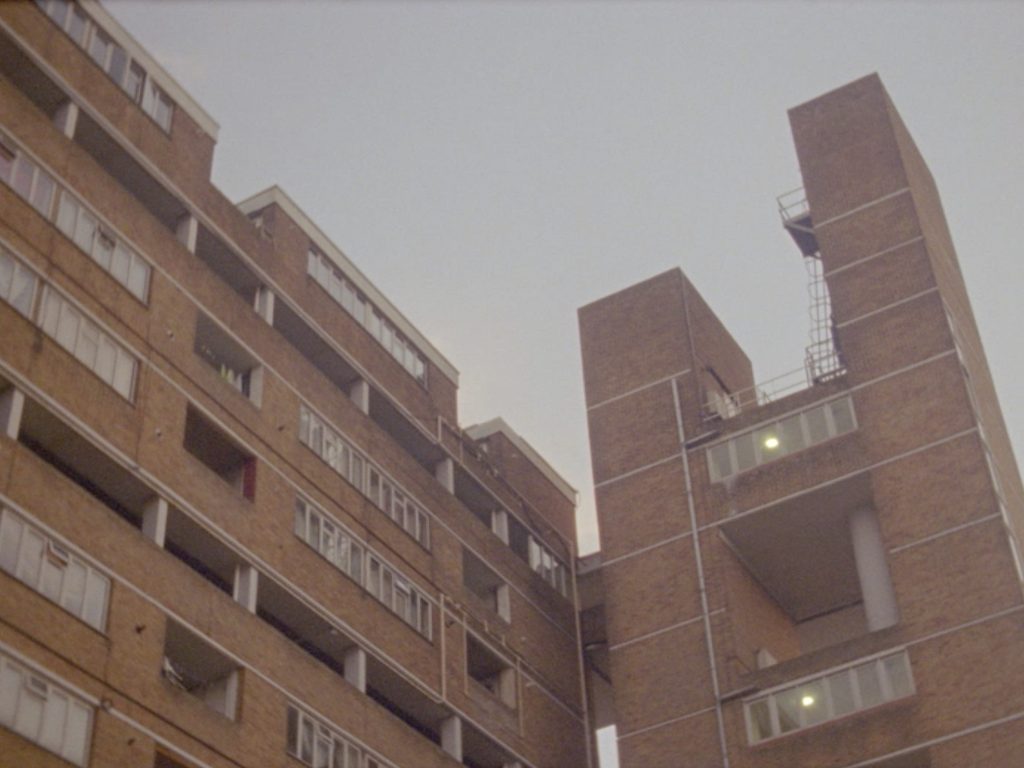The contemplative films by Morgan Quaintance create a distinct thread through time and history, addressing racial questions, multiracial identity, memory and its loss. ‘Once you can speak, you can learn to sing’, says a black choir teacher in the film South. Her words ring poignantly in a period of racialised subjects still fighting for the right to speak, a cultural condition often reflected in the films by the artist.
Quaintance, who is also a writer, musician, broadcaster and curator, has cultivated the participatory and political potential of contemporary art. His films are often gentle and sensitive, which is sometimes the most powerful way to speak about important subjects. In his films, Quaintance touches the viewer sorely, yet at the same time there is a strong sense of brightness, of possibility for a change that is so necessary.
In the context of the Videograms programme this year, we cherish the cinematographic language of the artist as a unique way of talking and writing about history through moving images that are brave in their poetic character, yet resolute in tackling urgent matters.
Morgan Quaintance is a London-based writer, musician, broadcaster and curator. Born in South London, he is a regular contributor to Art Monthly and has written for The Guardian, The Wire, Art Review, Frieze, Rhizome.org, and a number of curatorial sites and blogs. He is a contributing editor for E-Flux’s online publishing portal Art Agenda, is a founding member of the curatorial collective DAM PROJECTS, and was the 2015/16 curatorial fellow at Cubitt Gallery, London. He is also the producer of Studio Visit, a monthly hour-long interviews-based program, broadcast on London’s Resonance 104.4 FM, featuring international contemporary artists as guests.
Curated by Monika Lipšic





